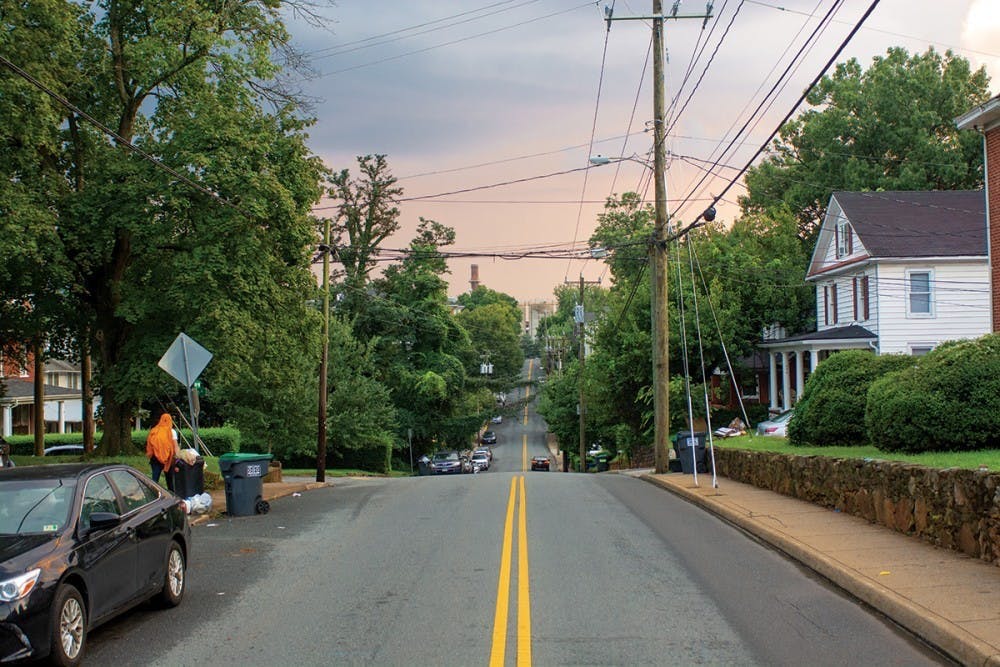Democratic Delegate Ibraheem Samirah filed two bills for this session of the Virginia General Assembly contravening the authority of localities to set aside residential land for single family zoning in late December 2019. HB 151 legalizes the addition of accessory dwelling units to all housing lots, while HB 152 allows for duplex home construction on previously single family dwelling lots. These two bills effectively eliminate artificial land use restrictions that prevent developers and landowners from meeting local housing demands. Though I usually have little positive to say about Samirah’s proposals, I applaud all initiatives to address undue legal barriers to housing construction.
Still, some conservatives have taken issue with these proposals, and some urbanism proponents such as CityLab — a progressive urbanism focused news site — frame single family zoning as “a tool for wealthy white communities to maintain segregated neighborhoods” have not made the bills uncontroversial. Seeking to stoke pointless partisan division on these entirely benign changes jeopardizes this attempt to give landowners their rights back.
No one should be told by their county or city that they may not build a home to rent out on their own acreage, especially when many of the more dense portions of Virginia face housing shortages and affordability concerns. Poor decisions made in the name of retaining neighborhood character have resulted in over half of Charlottesville’s residential land area restricted to single family development. Albemarle County suffers from similar restrictiveness, caused by minimum lot sizing for many new standalone constructions. These government interventions in housing create artificial shortages and prevent people from constructing new homes, ultimately driving up housing costs. Notably, homelessness in Charlottesville has almost doubled in the past five years as housing costs have increased.
Effects of these exclusionary practices are clear, especially around the University. High housing costs affect students and locals alike, with wealthy out-of-town students crowding out lower-income Charlottesville natives. The remedy to this notable problem — as others have aptly pointed out — is simply to construct more housing. The University can do its part by adding beds in dorms, while Samirah’s bills will allow property owners to contribute off Grounds. The Venable and Lewis Mountain neighborhoods, despite their close proximity to the University and ample space for housing development, remain zoned at the city’s lowest density permissions. This keeps the potential usage of those regions limited to what they are now, neighborhoods with low density and outrageous costs. Conversely, the Jefferson Park Avenue region is zoned for higher density and affords slightly lower rents to students.
Upzoning the city would contribute to lowering costs in both neighborhoods. Market competition from increased housing availability will increase the number of beds near the University and reduce the effects of students seeking apartments or houses on the rest of Charlottesville.
These issues plague other suburban parts of Virginia, from Fairfax to Hampton Roads. As a result, HB 151 and HB 152 deserve support throughout the Commonwealth. One false claim made by opponents of these measures is that they would “outlaw suburban, single-family housing.” Tim Hannigan, the GOP Committee chairman in Fairfax County, says the changes place “the American dream … under assault.” I disagree. Changing these laws would allow the market to finally provide the housing necessary in growing areas such as Charlottesville and Fairfax without resorting to increased taxation of rural areas or cities to pay for those changes in the form of subsidized public housing. Indeed, zoning ordinances act as a sort of subsidy to suburban homeowners, increasing the availability of single family homes and as a result lowering their comparative cost in relation to more affordable forms of housing.
Similar measures to Samirah’s have passed in Oregon, where many progressive advocates touted it as a ban on single-family housing, creating the myth that these regulations are governments preventing families from acquiring their own homes in the suburbs. In reality, these measures are exactly what the state and federal governments should take. The role of the government is to protect the freedoms of the people, and passing these bills would do exactly that — protect the freedom of landowners to do what they please with their land. Market deregulation would not require denser construction, but rather simply allow it to take place when property owners see opportunity for profits.
Ultimately, market pressures will cause neighborhood changes, whether through property value and tax increases or through higher rents and gentrification. The best solution is to allow housing supply to keep pace with demand — avoiding burdening homeowners, allowing landowners to sell their property for an appropriate price or bring new growth to cities. Reducing the power of localities to cause housing shortages can only help Virginia, simply by clarifying distortions set on the market for land created by zoning boards. After all, the state shouldn’t really have the right to tell you how big your yard ought to be.
Bilge Batsukh is an Opinion Columnist for The Cavalier Daily. He can be reached at opinion@cavalierdaily.com.







